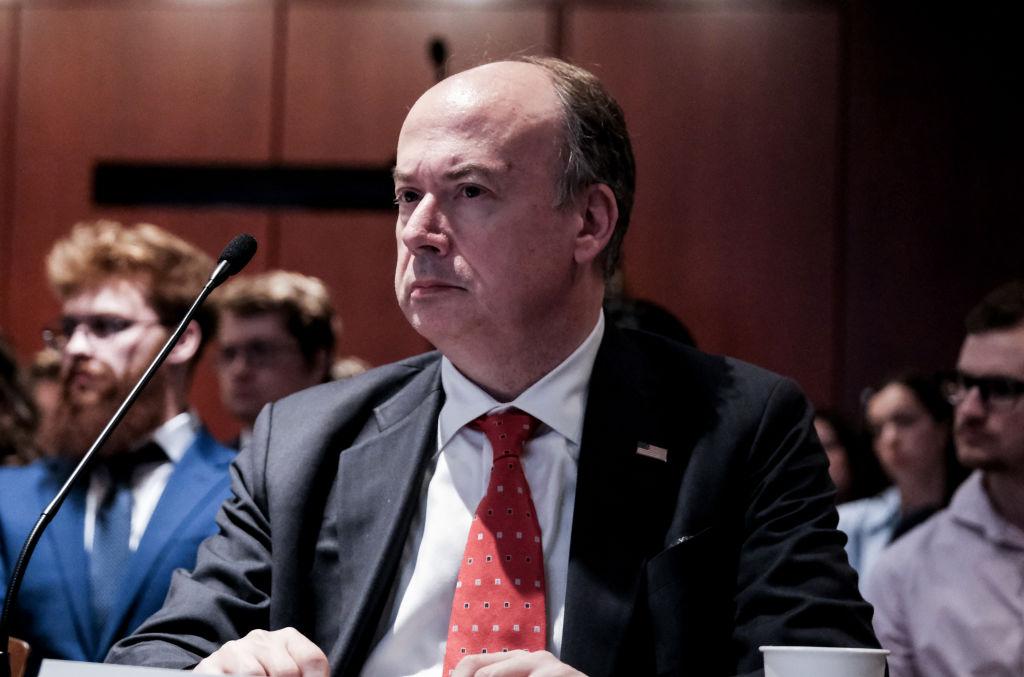Ahead of a Sept. 20 hearing, former Justice Department (DOJ) official Jeffrey Clark is arguing that former President Donald Trump changed Mr. Clark’s job description to encompass 2020 election activity, forming the basis that his case should be removed from state to federal court.
In August, Mr. Clark was charged alongside President Trump and 17 others in a racketeering case over their challenge of the 2020 election results. Prosecutor Fani Willis, the district attorney for Fulton County, Georgia, alleges those actions constituted a “criminal racketeering enterprise.”





